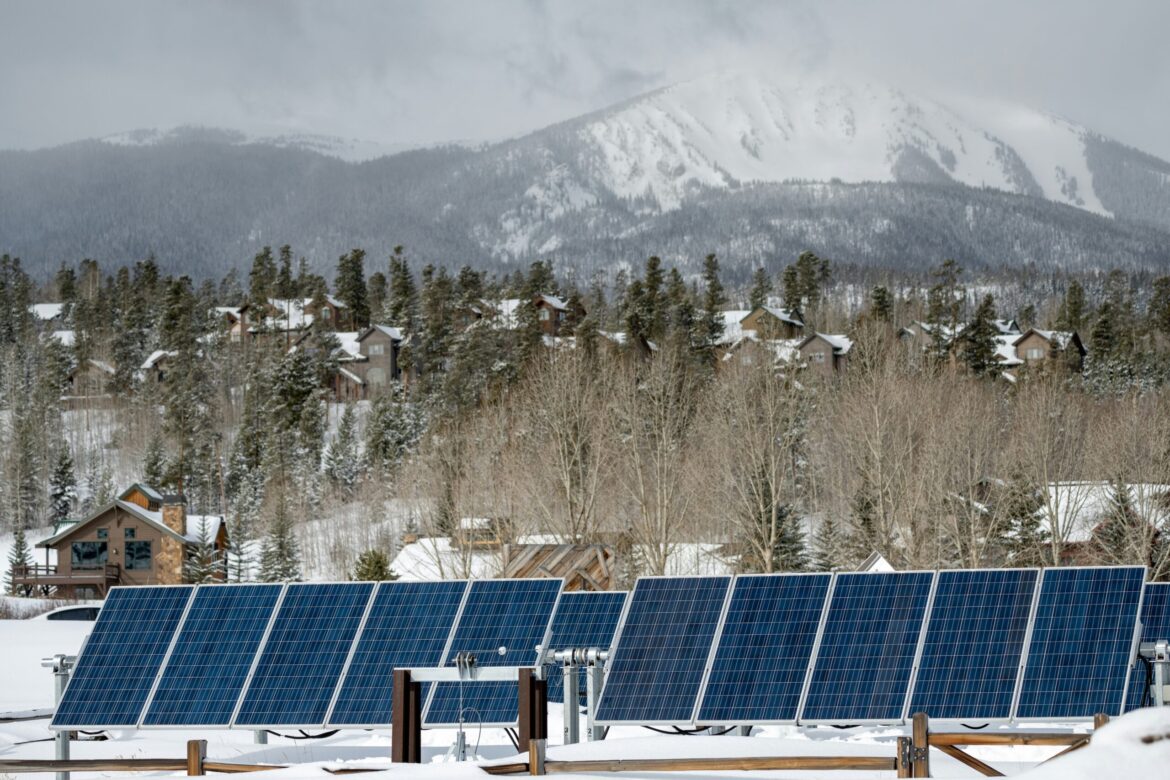In a significant move aimed at reshaping the future of U.S. energy policy, Senate Republicans unveiled the National Energy Sovereignty Act, a sweeping legislative initiative designed to bolster domestic energy production while curbing foreign influence over critical infrastructure. Introduced during the second week of January 2025, the bill is poised to become a cornerstone of the GOP’s broader national security and economic strategy.
Spearheaded by Senator John Barrasso of Wyoming, the legislation seeks to expedite the permitting process for domestic energy projects, including fossil fuel extraction on federal lands. The act also includes stringent restrictions on foreign ownership of energy assets, with particular focus on preventing Chinese investment in sectors deemed vital to national security. Barrasso emphasized the urgency of the bill, stating it represents a “national security imperative” at a time when geopolitical tensions continue to rise.
“America must not allow adversarial nations to control the flow of our energy resources,” Barrasso said during a press briefing. “This legislation is about putting America first and ensuring our energy future is decided here at home, not in Beijing.”
The bill aligns with long-standing conservative priorities, including energy independence, deregulation, and a robust domestic energy sector. It reflects a renewed push from Republicans to position the U.S. as an energy superpower while reducing reliance on imports, particularly from countries with strained diplomatic relations.
However, the proposal has not gone unchallenged. Environmental groups have voiced strong opposition, arguing that the bill would accelerate climate change by promoting fossil fuel development and undermining conservation efforts on public lands. They also expressed concern over the lack of provisions for renewable energy advancement, warning that the legislation could entrench outdated energy paradigms.
Despite the criticism, Republican leadership has vowed to advance the bill swiftly through committee. Backed by influential energy-state senators and industry stakeholders, the act is expected to gain traction as debates over energy security and foreign policy intensify in the new congressional session.
As the 2025 legislative agenda unfolds, the National Energy Sovereignty Act stands as a clear indicator of the Republican strategy: prioritize energy autonomy, limit foreign control, and frame energy policy within the context of national defense. The outcome of this proposal could have long-term implications for how the United States manages its energy resources and navigates its geopolitical challenges in the years ahead.

